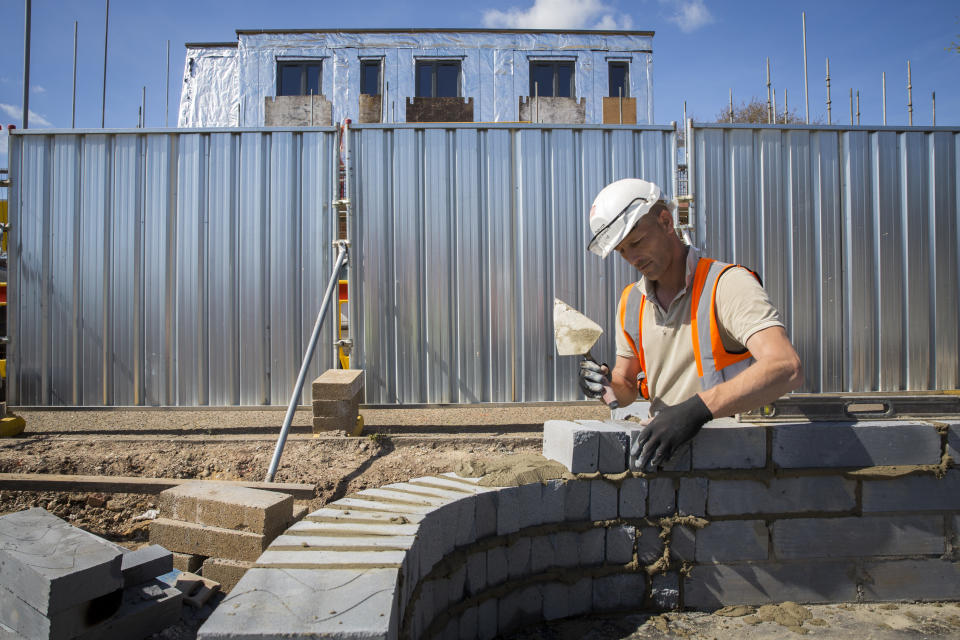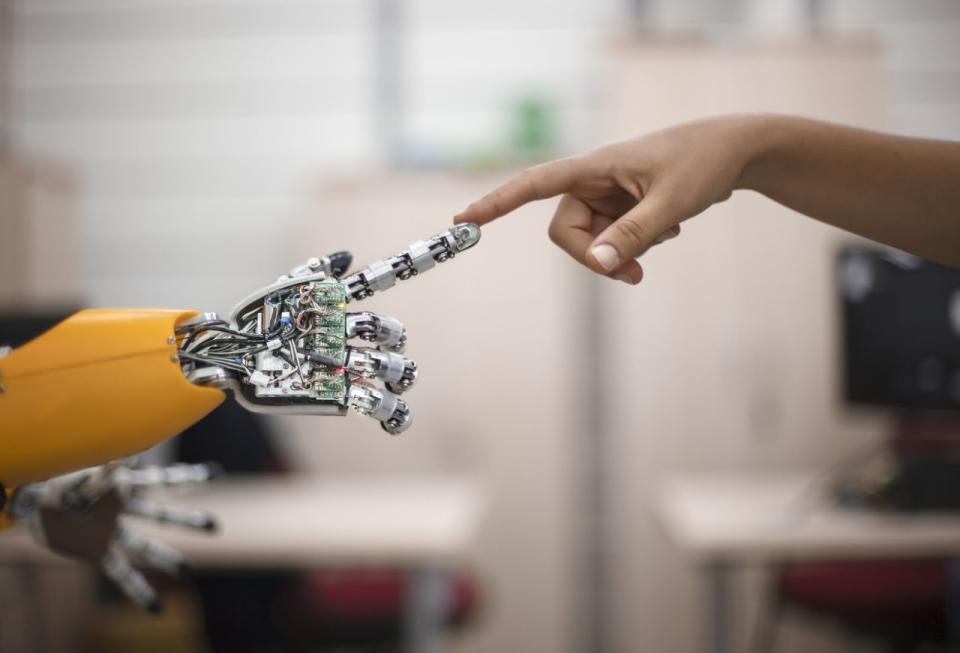Robots could wipe out 500,000 building jobs in the UK by 2040

Robots could wipe out almost one in three construction jobs within the next two decades, experts say.
More than 500,000 roles in the building industry could be replaced by automated processes in the so-called fourth industrial revolution, predicts Mace, an international consultancy and building company.
Rapid advancement in new technologies such as robotics, autonomous vehicles, the Internet of Things and artificial intelligence is to herald a revolution in the building and construction industry.
MORE: Elon Musk among 116 AI experts to warn of the rise of ‘killer robots’
Brickies are most at risk, with the 73,000 bricklayers on British building sites today predicted to fall to just 4,300 by 2040.
Carpenters, internal fitters and labourers will also suffer as well as labour intensive painters and decorators, the study predicts.
By 2040, Mace foresees just 6,500 painters and decorators, compared with the 11,000 of today.

The report, titled “Moving To Industry 4.0”, states: “The construction sector is going to look very different in a decade or two – and so is its workforce.
“Are we going to be ready for it? Or will we fall behind?”
MORE: Rise of robots sending societies on ‘crash course’ towards conflict
Chief executive of Mace, Mark Reynolds, said: “Everyone acknowledges the current skills shortages need to be addressed.
“Advancements in robotics and automated manufacturing, data analytics and virtual reality are radically transforming the sector and indeed the whole economy.
“Yet all is not lost. The fourth industrial revolution could improve productivity levels in construction, increase the number of highly skilled jobs and transform the way that we as a country deliver some of the biggest and most complex infrastructure projects of the future.”
Currently, the UK construction sector employs about 2.2 million people.
MORE: Rise of the robots: Britons keen to embrace automation in the workplace despite jobs risk
Earlier this week, Juergen Maier, chief executive of engineering giant Siemens UK and Ireland, reported that 175,000 manufacturing jobs could be created in the next industrial revolution.
He highlighted technologies such as 3D printing, and AI as two areas where new jobs would grow, replacing those lost in traditional “hard” industries.
Prof Maier said that if government, industry and workers came together to forge a new industrial identity it could unlock £455bn of potential growth.

 Yahoo Finance
Yahoo Finance 
